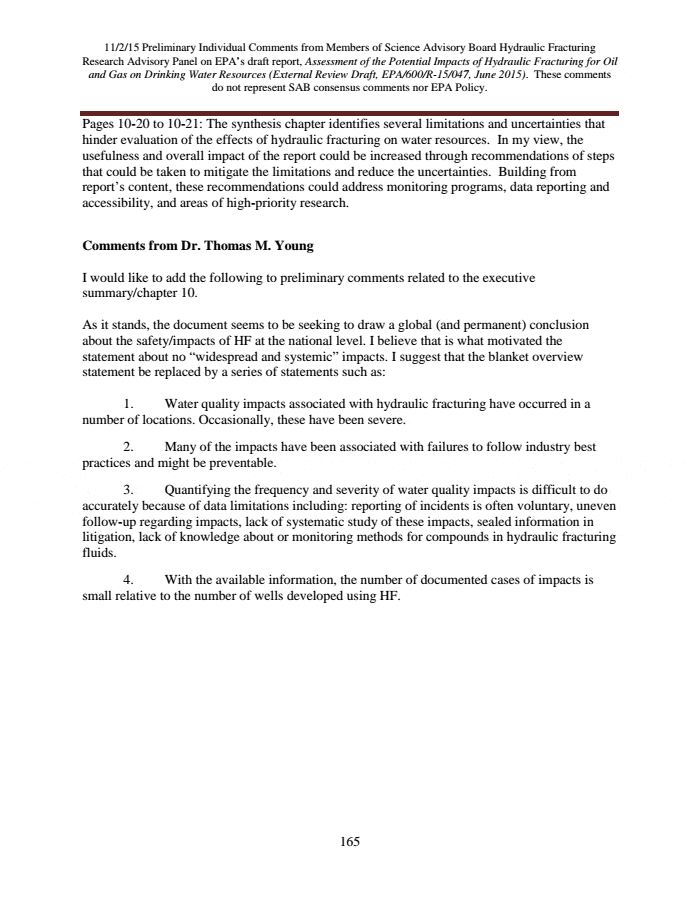A phrase in the Executive Summary of EPA‘s national study on the threat that hydraulic fracturing, or fracking, poses to American drinking water supplies has come under increasing fire from environmentalists and scientists.
The EPA‘s draft executive summary, released this fall, included a line that has been widely quoted by supporters of the shale gas rush: “We did not find evidence that these mechanisms have lead to widespread, systemic impacts on drinking water resources in the United States.”
There are signs that the EPA‘s scientific advisors, currently engaged in a peer-review of the study, are now backing away from that phrasing, emphasizing instead the fact that drinking water supplies have been impacted at times, and that many factors, like sealed legal settlements and trade secrecy, have kept information out of the public eye.
“There’s agreement the sentence needs to be modified,” Prof. David Dzombak, who chairs the EPA scientific advisory board, told E&E News. “The sentence is ambiguous and requires clarification.”
As DeSmog reported earlier this week, at a advisory board meeting last Friday, the gathered scientists broke out into applause when Prof. Thomas M. Young offered an alternative version. Prof. Young’s wording, which also appears in his written commentary, appears below.

Contributed to DocumentCloud by Sharon Kelly of DeSmogBlog • View page as text
Photo Credit: Under Review, via Shutterstock.
Subscribe to our newsletter
Stay up to date with DeSmog news and alerts







